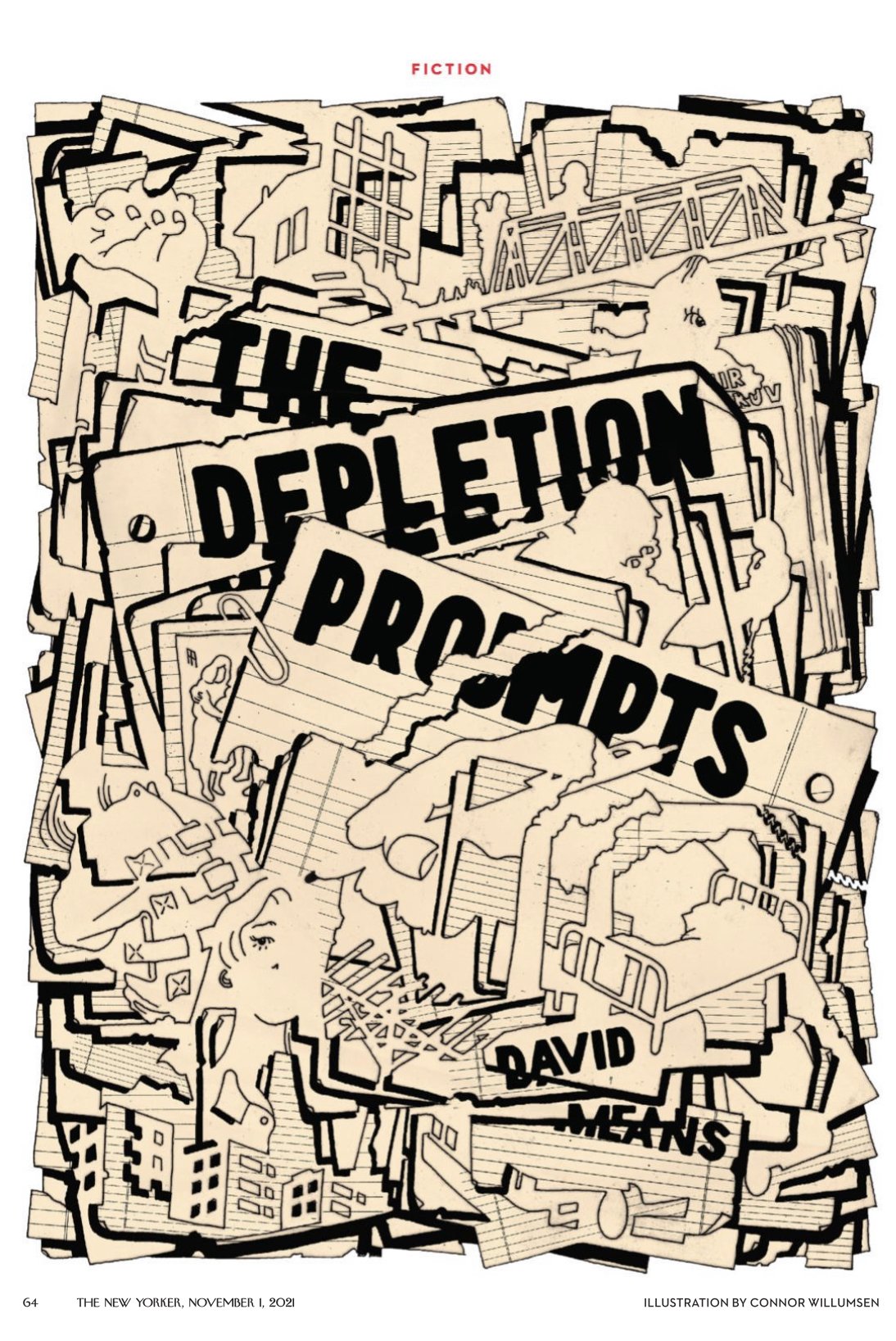Morning reading: “If war has an opposite, gardens may sometimes be it…”
Adam read an excerpt from Rebecca Solnit’s new book, Orwell’s Roses, in the Saturday Guardian this morning.
The first sentence below grabbed my attention. My initial thought was, “this is baloney,” but the excerpt does the job of an essay, it makes a compelling argument. And give it to that sentence, it captured my attention and I wanted to know more about the baloney.
This piece combines memoir, travelogue, biography, nature writing. It took me back in time and across an ocean. Maybe it traveled like a tree, “by standing still and reaching out and down.” Like a lot of Solnit’s work, it reads like a notebook.
If war has an opposite, gardens may sometimes be it, and people have found a particular kind of peace in forests, meadows, parks and gardens. The surrealist artist Man Ray fled Europe and the Nazis in 1940 and spent the next decade in California. During the second world war, he visited the sequoia groves in the Sierra Nevada and wrote of these trees that are broader than redwoods, but not quite as tall. “They are the oldest living things in nature, going back to Egyptian antiquity, their warm-coloured, tender bark seems soft as flesh. Their silence is more eloquent than the roaring torrents and Niagaras, than the reverberating thunder in Grand Canyon, than the bursting of bombs; and is without menace.”


